KU Leuven, located in Belgium, is one of Europe's leading research-intensive universities, known for its commitment to excellence in education and cutting-edge research. The MBBS program at KU Leuven offers a comprehensive and globally recognized medical education. This blog explores ten detailed points about studying MBBS at KU Leuven, providing prospective students with valuable insights into what makes this institution an excellent choice for medical studies.
1. Prestigious Institution
KU Leuven is ranked among the top universities in Europe and globally. Its Faculty of Medicine is renowned for its high standards of education and research. Studying at such a prestigious institution opens doors to numerous opportunities in the medical field worldwide.
2. Comprehensive Curriculum
The MBBS program at KU Leuven is designed to provide a thorough understanding of medical sciences and clinical practice. The curriculum is divided into three phases:
- Bachelor's Phase (Years 1-3): Focuses on basic medical sciences, including Anatomy, Physiology, Biochemistry, and Genetics.
- Master’s Phase (Years 4-6): Involves advanced medical sciences, clinical rotations, and specialized training in various medical fields.
- Integrated Learning: Courses are designed to integrate theoretical knowledge with practical skills from the beginning.
3. Research Excellence
KU Leuven is a research-intensive university, offering numerous opportunities for medical students to engage in research activities. Students can participate in cutting-edge research projects, contributing to advancements in medical science and gaining valuable research experience.
4. State-of-the-Art Facilities
The university provides world-class facilities to support medical education and research:
- Modern Lecture Halls and Classrooms: Equipped with advanced technology for effective learning.
- Advanced Laboratories: For subjects like Biochemistry, Microbiology, and Pathology.
- Clinical Skills Centers: Simulated environments for practicing medical procedures and patient interactions.
5. Experienced Faculty
The Faculty of Medicine at KU Leuven comprises highly qualified and experienced educators, researchers, and practicing physicians. The faculty members are leaders in their respective fields, ensuring that students receive a high-quality education and mentorship.
6. Extensive Clinical Training
Clinical training is a core component of the MBBS program at KU Leuven. Students gain hands-on experience through clinical rotations in various medical departments. These rotations are conducted in affiliated hospitals, where students work under the supervision of experienced medical professionals, developing essential clinical skills.
7. Global Recognition and Career Prospects
An MBBS degree from KU Leuven is recognized worldwide, offering graduates numerous career opportunities. Graduates are eligible to take licensing exams in various countries, enabling them to practice medicine globally. The rigorous training and extensive clinical exposure prepare graduates for successful careers in the medical field.
8. International Environment
KU Leuven attracts students from around the world, creating a diverse and international learning environment. This multicultural setting enhances the educational experience, allowing students to gain different perspectives and build a global network of professional contacts.
9. Student Support Services
KU Leuven offers a range of support services to ensure student well-being and academic success:
- Academic Advising: Personalized guidance to help students navigate their academic journey.
- Career Services: Assistance with career planning, internships, and job placements.
- Mental Health Support: Counseling and mental health services to support student well-being.
- Accommodation Services: Help with finding suitable housing in Leuven.
10. Vibrant Student Life
Leuven is a vibrant student city with a rich cultural heritage and a lively social scene. Students at KU Leuven can engage in various extracurricular activities, join student organizations, and participate in cultural events, creating a well-rounded university experience.
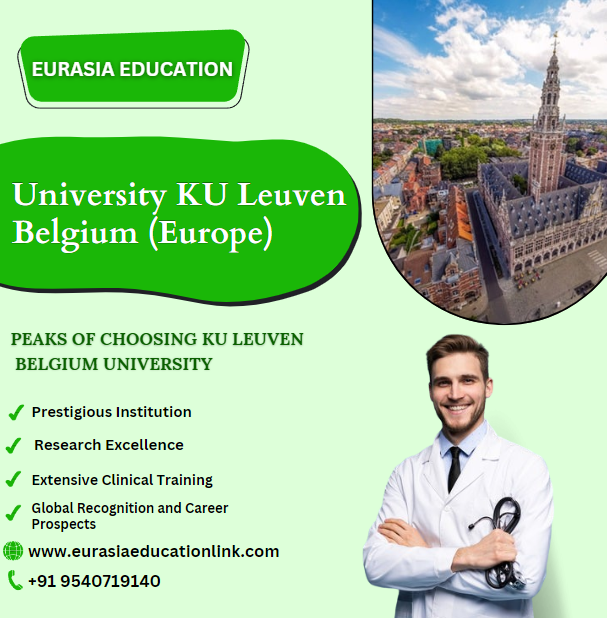






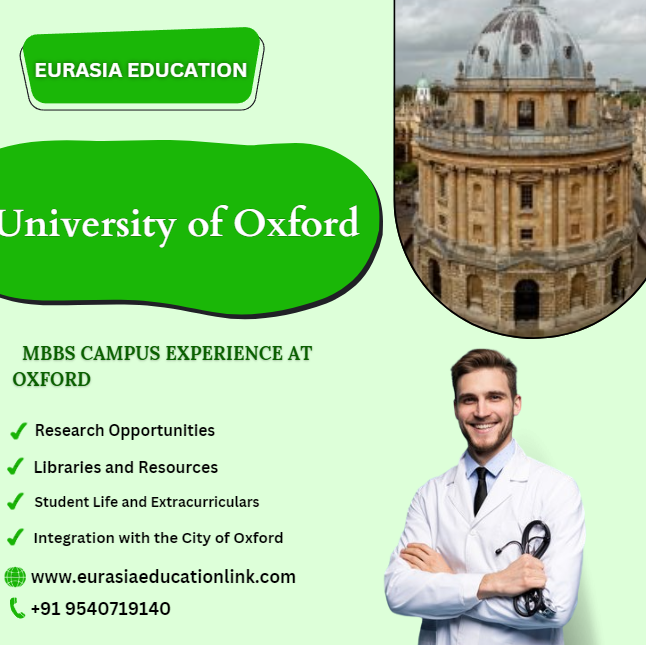

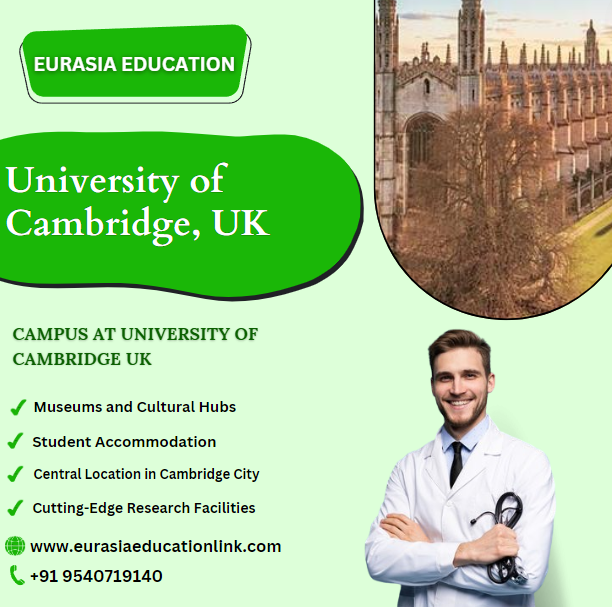
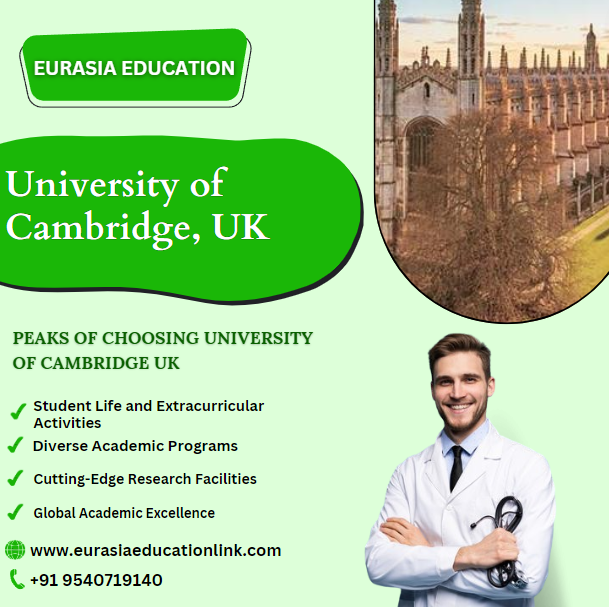
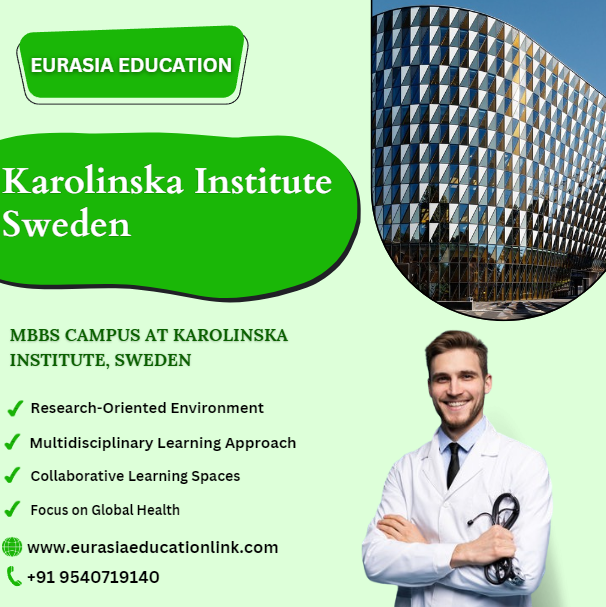
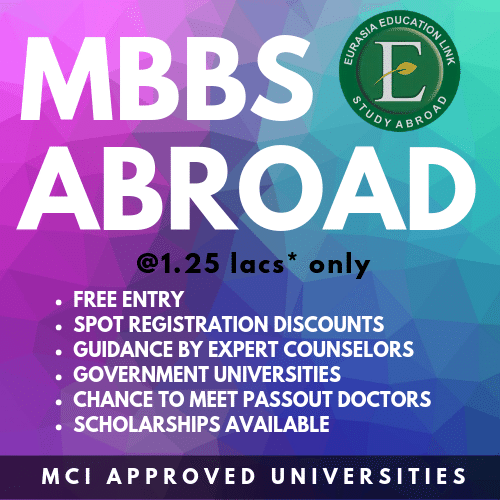



June 17, 2025
ReplyJune 10, 2025
ReplyJune 8, 2025
ReplyJune 5, 2025
ReplyJune 2, 2025
ReplyMay 24, 2025
ReplyMay 21, 2025
ReplyMay 19, 2025
ReplyMay 16, 2025
ReplyMay 14, 2025
ReplyMay 13, 2025
ReplyMay 10, 2025
ReplyMay 8, 2025
ReplyMay 6, 2025
ReplyMay 6, 2025
ReplyMay 4, 2025
ReplyMay 4, 2025
ReplyApril 29, 2025
ReplyApril 27, 2025
ReplyApril 21, 2025
ReplyApril 20, 2025
ReplyApril 14, 2025
ReplyApril 14, 2025
ReplyApril 10, 2025
ReplyApril 9, 2025
ReplyApril 7, 2025
ReplyApril 7, 2025
ReplyApril 5, 2025
ReplyApril 4, 2025
ReplyApril 4, 2025
ReplyApril 2, 2025
ReplyApril 1, 2025
ReplyMarch 21, 2025
ReplyMarch 20, 2025
ReplyMarch 9, 2025
ReplyMarch 8, 2025
ReplyMarch 3, 2025
ReplyFebruary 28, 2025
ReplyFebruary 21, 2025
ReplyFebruary 21, 2025
ReplyFebruary 17, 2025
ReplyFebruary 16, 2025
ReplyFebruary 16, 2025
ReplyFebruary 15, 2025
ReplyFebruary 13, 2025
ReplyFebruary 11, 2025
ReplyFebruary 10, 2025
ReplyFebruary 7, 2025
ReplyFebruary 2, 2025
ReplyFebruary 2, 2025
ReplyJanuary 28, 2025
ReplyJanuary 27, 2025
ReplyJanuary 25, 2025
ReplyJanuary 25, 2025
ReplyJanuary 21, 2025
ReplyJanuary 20, 2025
ReplyJanuary 20, 2025
ReplyJanuary 19, 2025
ReplyJanuary 17, 2025
ReplyJanuary 16, 2025
ReplyJanuary 14, 2025
ReplyJanuary 9, 2025
ReplyDecember 28, 2024
ReplyDecember 20, 2024
ReplyDecember 19, 2024
ReplyDecember 6, 2024
ReplyDecember 2, 2024
ReplyNovember 14, 2024
ReplyNovember 7, 2024
ReplyNovember 6, 2024
ReplyNovember 4, 2024
ReplyNovember 3, 2024
ReplyNovember 2, 2024
ReplyOctober 28, 2024
ReplyOctober 28, 2024
ReplyOctober 27, 2024
ReplyOctober 5, 2024
Reply